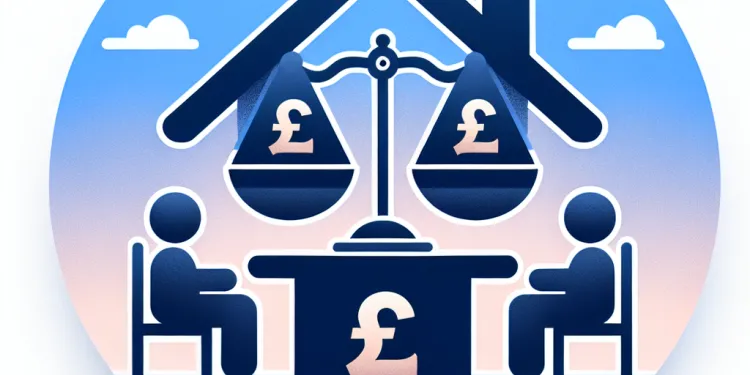
Find A Professional
More Items From Ergsy search
-
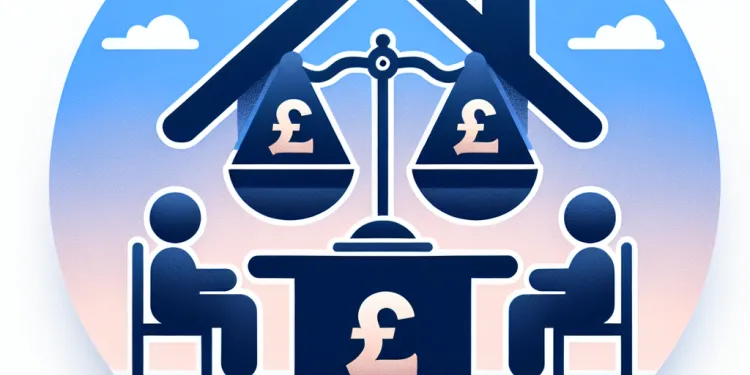
Is mediation an option to resolve eviction disputes?
Relevance: 100%
-
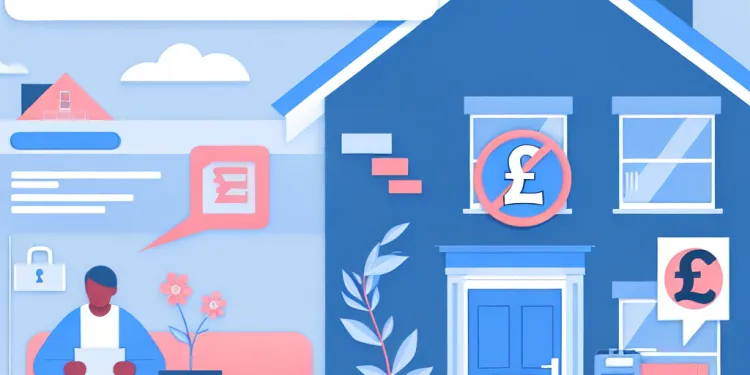
What can I do if my landlord wants to evict me?
Relevance: 63%
-
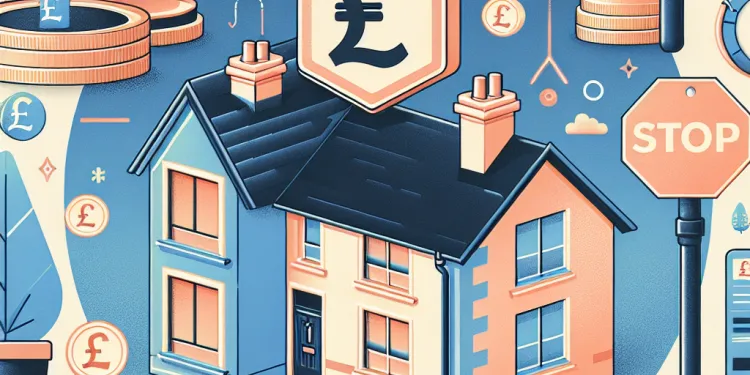
Can I stop an eviction if I catch up on rent payments?
Relevance: 56%
-
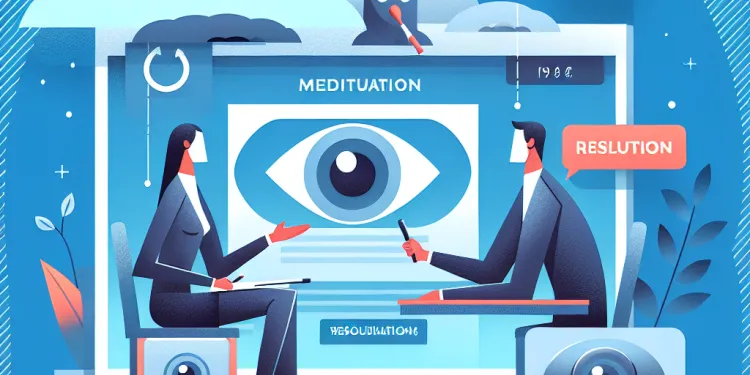
Are there any mediation services for resolving disputes over security cameras?
Relevance: 54%
-
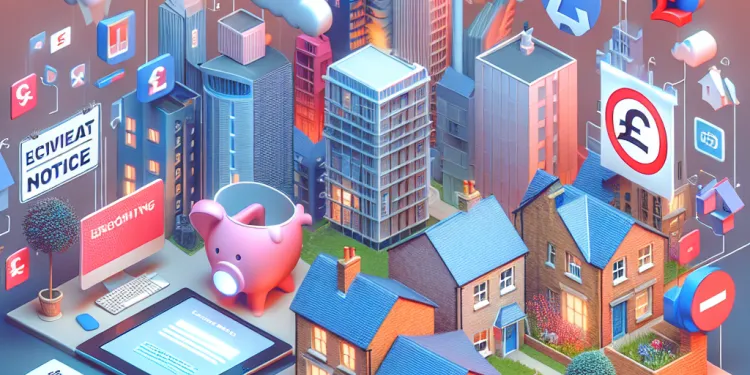
What should I do if I receive an eviction notice from my landlord?
Relevance: 53%
-
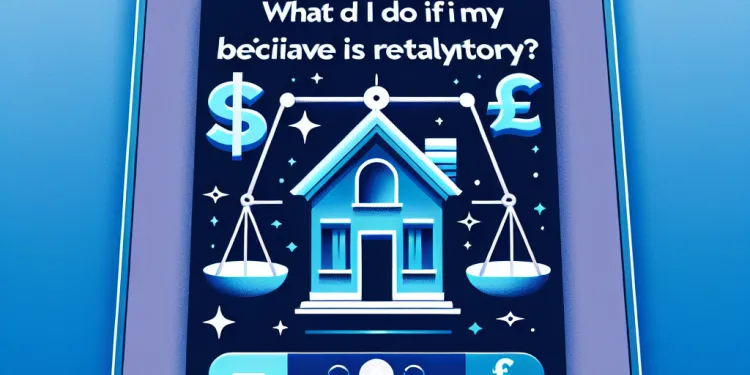
What can I do if I believe my eviction is retaliatory?
Relevance: 53%
-
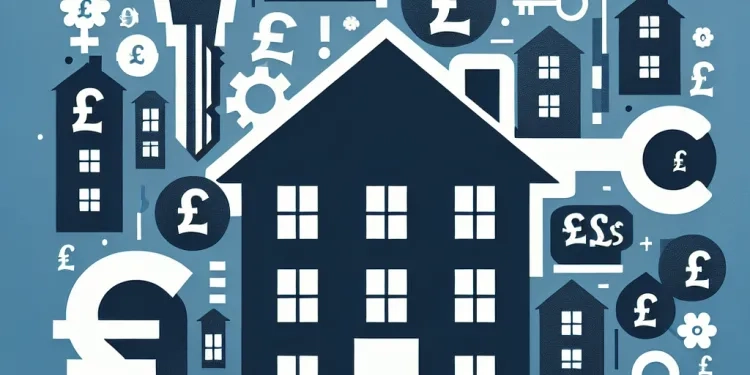
What are the consequences of having an eviction on my record?
Relevance: 52%
-
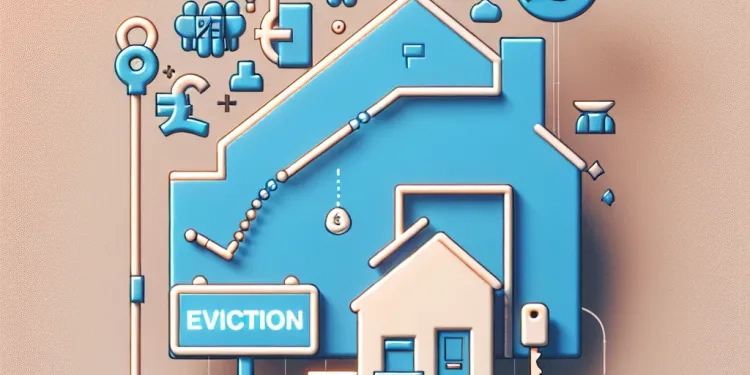
What are my rights during the eviction process?
Relevance: 51%
-
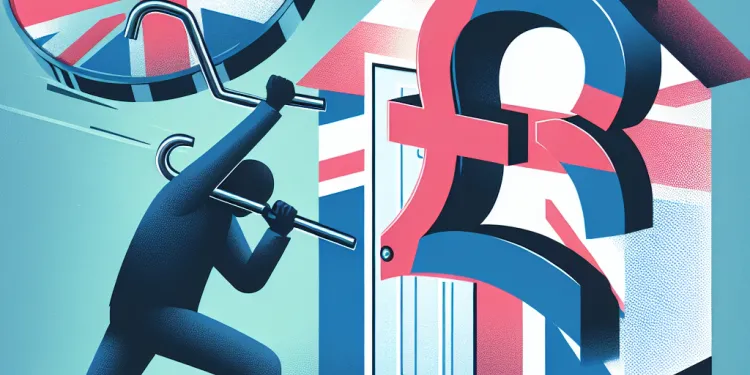
How can I contest or challenge the eviction?
Relevance: 51%
-
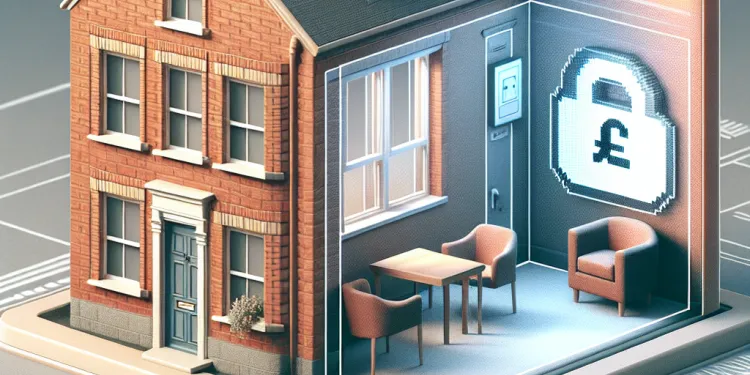
Can a landlord lock me out or remove my belongings to evict me?
Relevance: 48%
-
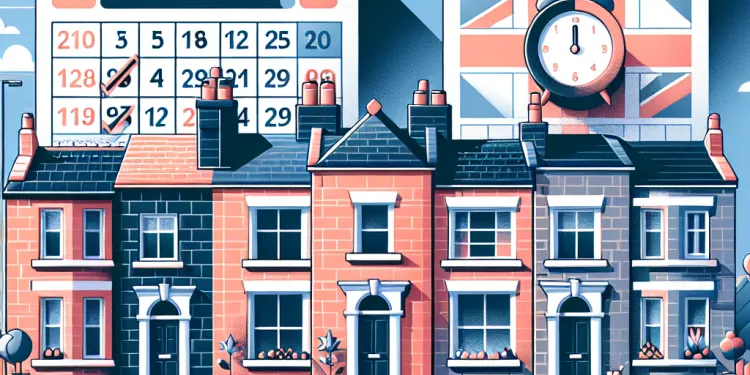
What happens if I stay beyond the eviction deadline?
Relevance: 45%
-
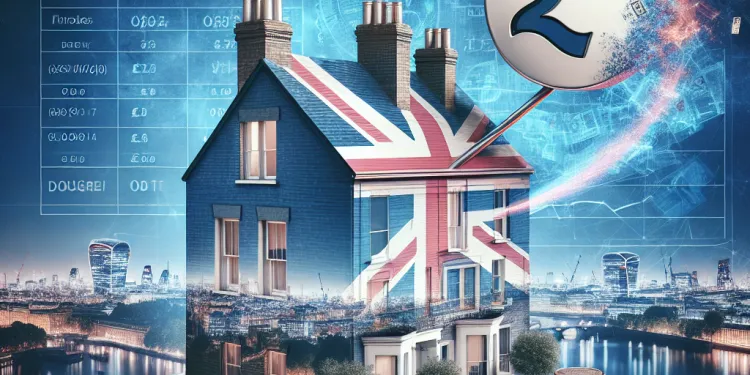
How long do I have to move out after receiving an eviction notice?
Relevance: 43%
-
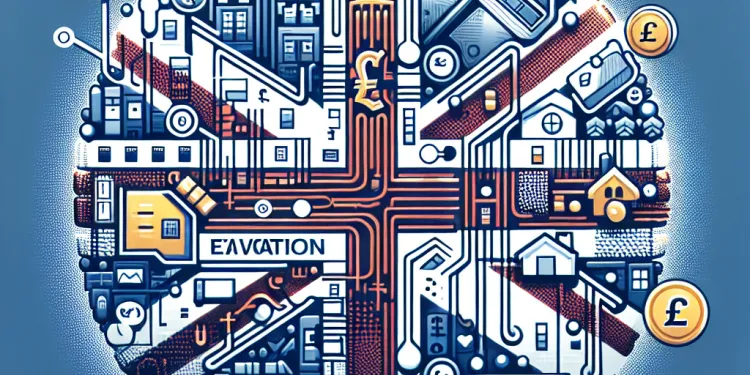
Can my landlord evict me without providing a reason?
Relevance: 42%
-

Does filing for bankruptcy stop an eviction?
Relevance: 41%
-

Can eviction affect my credit score?
Relevance: 41%
-
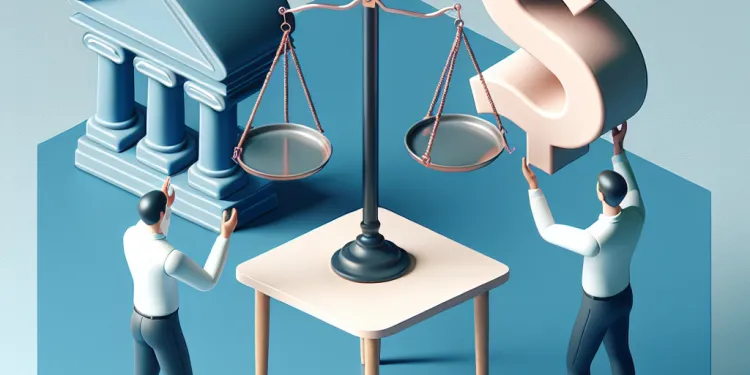
How can disputes over banking fees be resolved effectively?
Relevance: 41%
-

Handling Inheritance Disputes Legally
Relevance: 40%
-
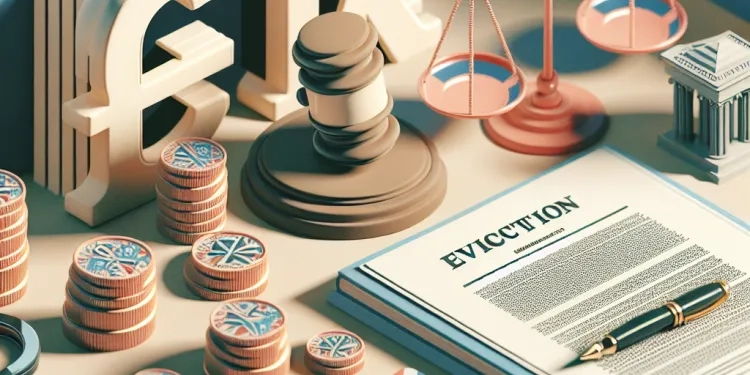
How can I prepare for an eviction court hearing?
Relevance: 38%
-
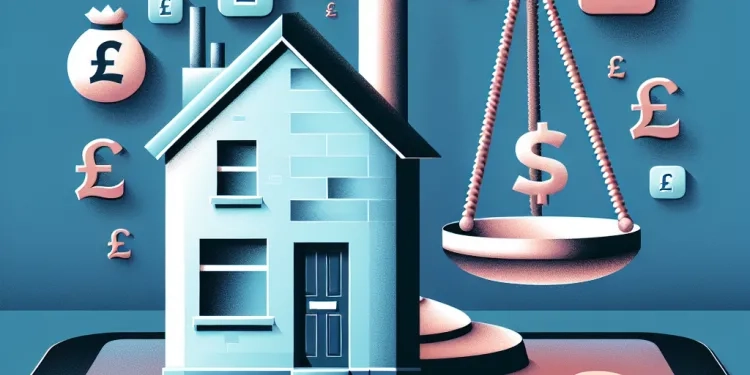
Can I appeal a court's eviction decision?
Relevance: 37%
-
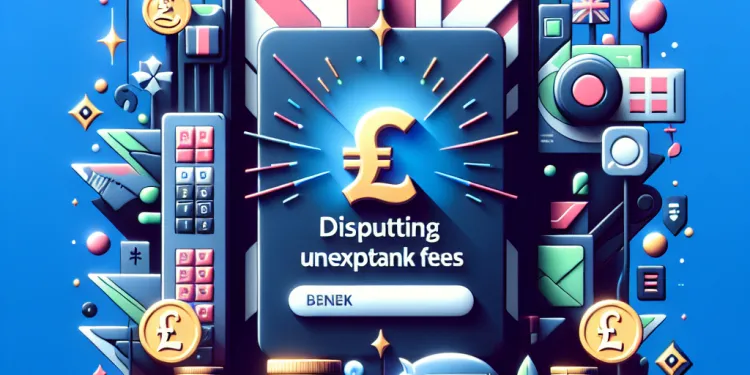
Can customers dispute unexpected banking fees?
Relevance: 36%
-
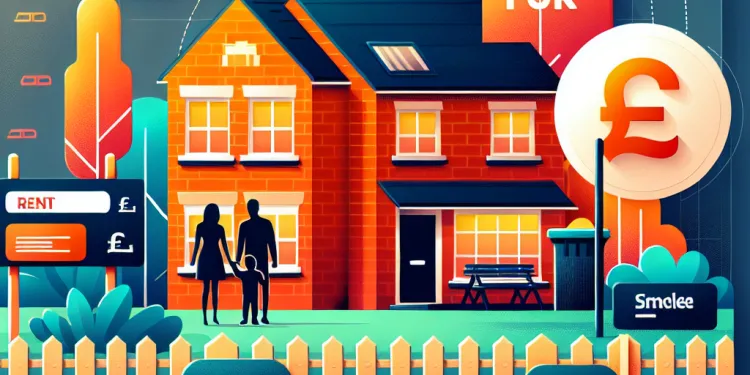
Can a landlord evict me for complaining about property conditions?
Relevance: 35%
-

Can I dispute the compensation amount offered by Octopus Energy?
Relevance: 35%
-

What should I do if I can't afford a lawyer for the eviction process?
Relevance: 32%
-

Can I contact Ofgem directly for a compensation dispute with Octopus Energy?
Relevance: 24%
-
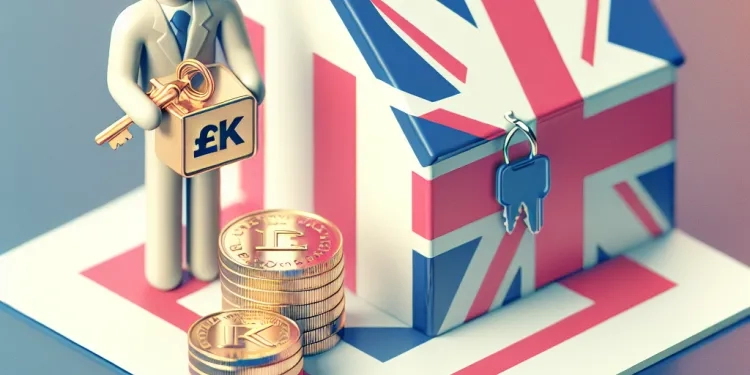
Are there any government programs that can help me avoid eviction?
Relevance: 24%
-
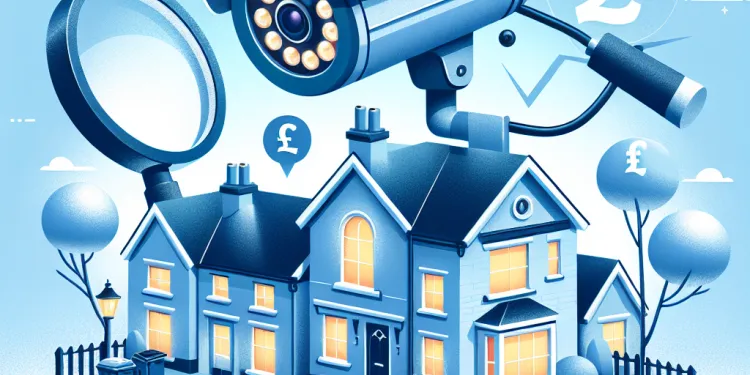
Can my neighbour use footage from their security camera as evidence in disputes?
Relevance: 23%
-
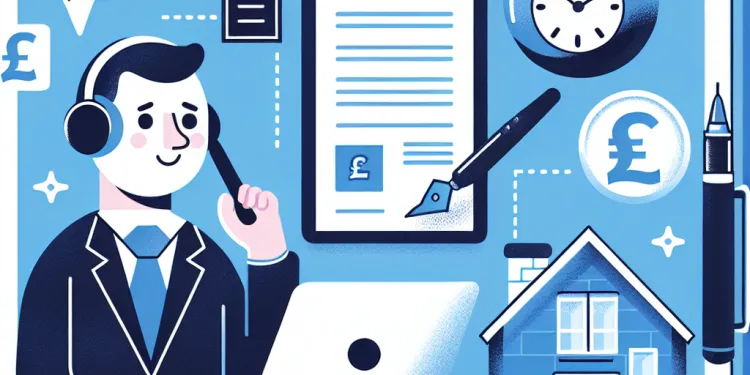
Can I negotiate with my landlord to avoid eviction?
Relevance: 23%
-

What role does the Information Commissioner’s Office (ICO) play in these disputes?
Relevance: 21%
-
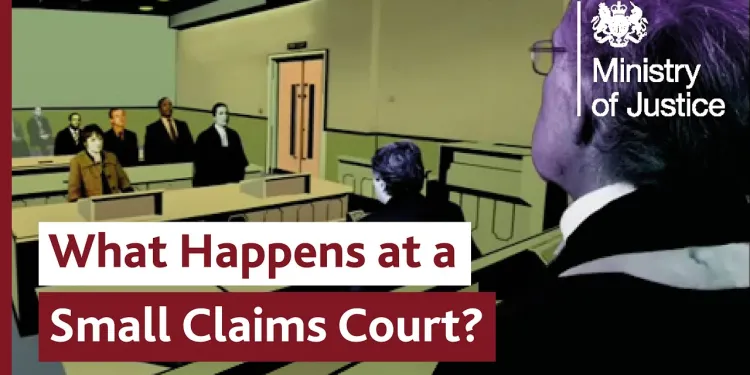
What Happens at Small Claims Court? Making a Court Claim for Money
Relevance: 20%
-
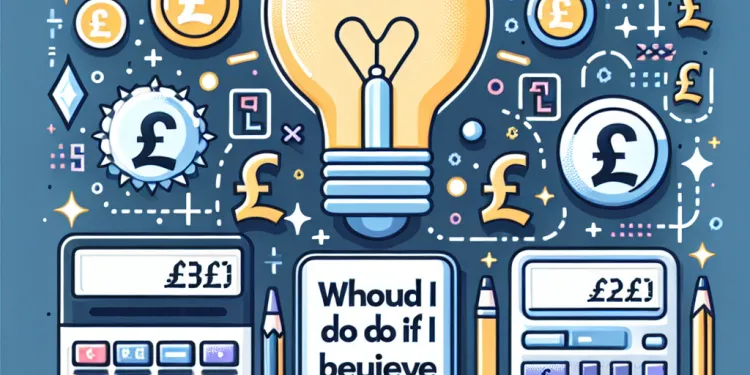
What should I do if I believe the refund amount is incorrect?
Relevance: 16%
-

How do I find alternative housing quickly if evicted?
Relevance: 16%
-

Can I dispute a tax refund decision from HMRC?
Relevance: 15%
-
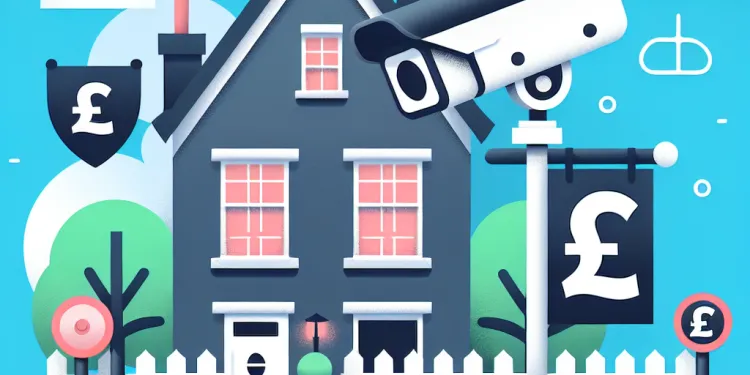
What steps can I take if my neighbour refuses to reposition their security camera?
Relevance: 15%
-
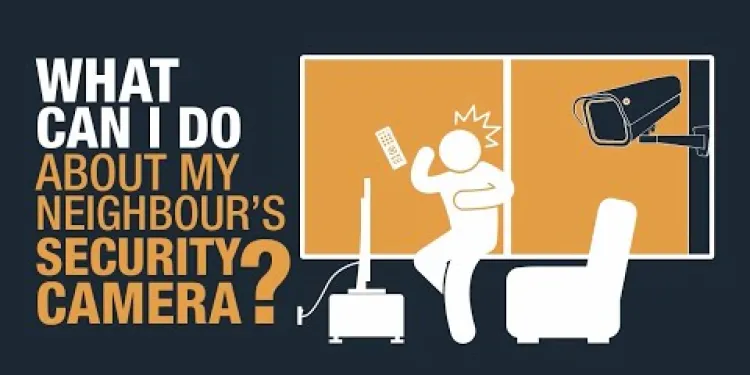
What can I do about my neighbour's security camera?
Relevance: 15%
-
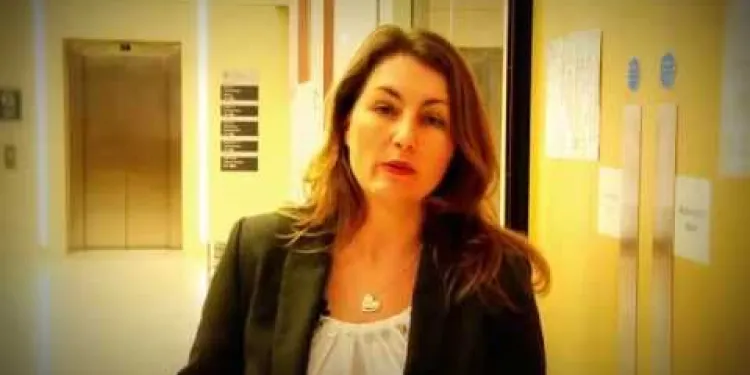
The Family Court without a Lawyer
Relevance: 14%
-

Can customers appeal or discuss the refund amount with their water company?
Relevance: 14%
-
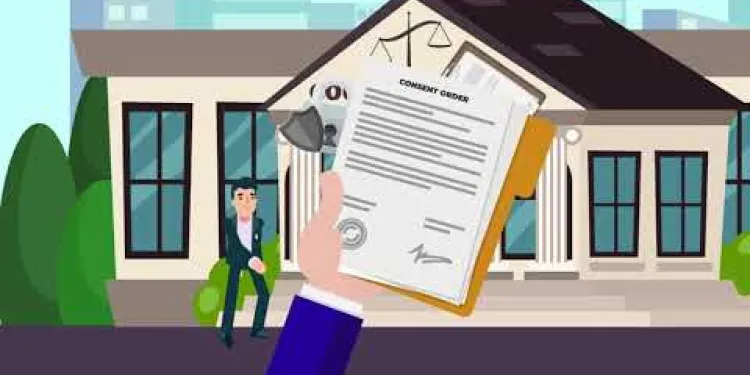
The 4 Steps to Agree a Financial Settlement on Divorce UK
Relevance: 14%
-
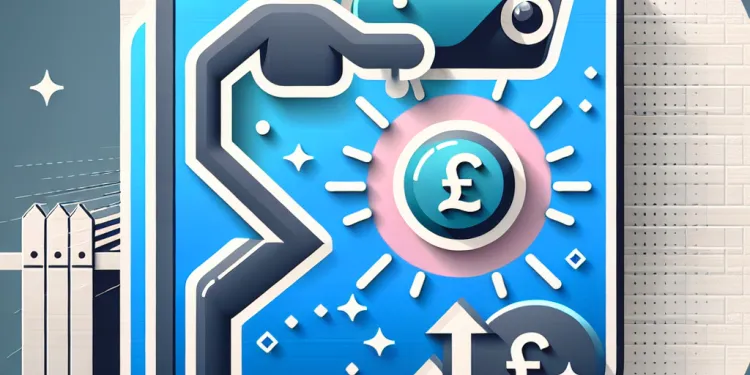
Can I ask my neighbour to reposition their security camera?
Relevance: 13%
-
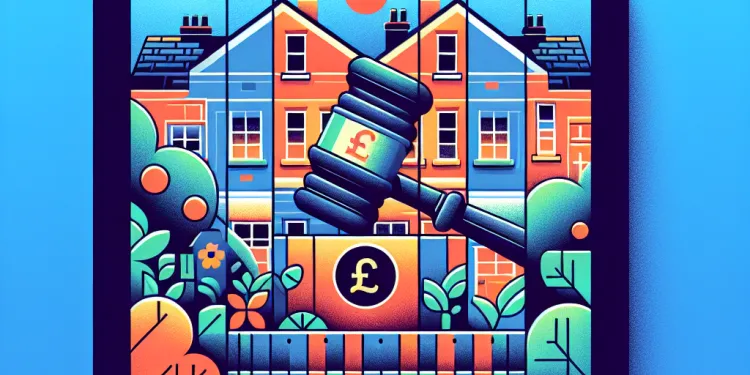
Does the ICO have the power to take action against my neighbour?
Relevance: 11%
-
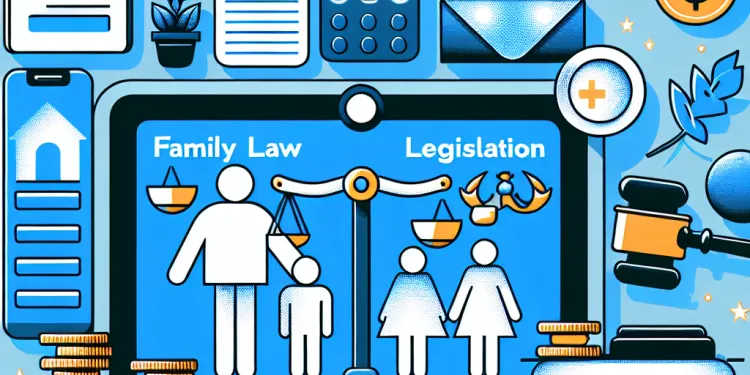
Impacts of Recent Changes to Family Law Legislation
Relevance: 11%
Introduction to Mediation for Eviction Disputes
Mediation offers a more collaborative approach to resolving disputes compared to traditional legal proceedings. In the context of eviction disputes in the UK, mediation can serve as an effective alternative to court trials, where both landlords and tenants can discuss their issues with the help of a neutral third party, the mediator. This process aims to reach a mutually agreeable solution without the need for potentially lengthy and costly legal battles.
Understanding Mediation
Mediation is a voluntary process that involves the disputing parties coming together to resolve their issues outside of court. It focuses on collaboration and communication, where the mediator facilitates discussions, ensures both parties have a chance to express their views, and helps them explore possible solutions. Importantly, the mediator remains impartial and does not impose a decision on the parties involved.
Benefits of Mediation
One of the primary benefits of mediation is its cost-effectiveness. Legal proceedings can be expensive for both landlords and tenants, whereas mediation generally incurs lower costs. Additionally, mediation is usually faster, providing a quicker resolution to disputes. The process also maintains privacy and confidentiality, in contrast to court cases, which are public. Moreover, mediation fosters better relationships between landlords and tenants by promoting understanding and cooperation, potentially preventing future disputes.
Mediation in UK Eviction Cases
The UK government has recognized the advantages of mediation and encourages its use in eviction disputes. Various pilot schemes and initiatives have been introduced to integrate mediation into the UK housing system. For instance, the Ministry of Housing, Communities & Local Government has supported the use of mediation as part of its response to the challenges posed by the COVID-19 pandemic, aiming to reduce the pressure on courts and help landlords and tenants reach agreements amicably.
The Mediation Process
In a typical mediation process for eviction disputes, both the landlord and tenant agree to participate. They will meet with a trained mediator, either in person or via online platforms. Each party will have the opportunity to present their case, and the mediator will assist in identifying the underlying issues and exploring constructive solutions. The goal is to reach a written agreement that both parties find acceptable, which can then be formalized if necessary.
Conclusion
Mediation represents a viable and often beneficial option for resolving eviction disputes in the UK. It supports a less adversarial approach, reduces the burden on courts, and promotes a more harmonious relationship between landlords and tenants. While mediation may not be suitable for every case, particularly those involving significant legal complexities, it remains an important tool in the dispute resolution landscape, offering a practical alternative to litigation.
Introduction to Mediation for Eviction Disputes
Mediation is a way to solve problems by talking and working together. In the UK, if someone is being evicted (asked to leave their home), mediation can be a good choice instead of going to court. In mediation, both the landlord (the person who owns the home) and the tenant (the person living in the home) talk about their issues with help from a mediator. A mediator is a person who doesn't take sides. Mediation helps find a solution that both can agree on without a long and costly court process.
Understanding Mediation
Mediation is a choice and not something they are forced to do. In mediation, people work out their problems without going to court. The mediator helps both sides talk and listen to each other. They help find solutions, but they don't make a decision for them. The goal is for both sides to leave happy.
Benefits of Mediation
Mediation saves money because court can be very expensive for both landlords and tenants. Mediation is also quicker, helping solve problems faster. It is private, unlike court cases which anyone can see. Mediation helps landlords and tenants get along better and avoid problems in the future.
Mediation in UK Eviction Cases
The UK government likes mediation because it has many benefits. They have tried different ways to make mediation a part of handling evictions. During the COVID-19 pandemic, they pushed for mediation to help landlords and tenants solve problems without going to court.
The Mediation Process
For eviction issues, both landlord and tenant agree to try mediation. They will meet with a mediator, either in person or online. Each will share their side, and the mediator will help them see the real issues and find good solutions. The aim is to make an agreement both sides like, and write it down.
Conclusion
Mediation is a helpful choice for solving eviction problems in the UK. It is less about fighting and more about working together. It also helps courts by having fewer cases to handle. Mediation helps landlords and tenants understand each other better. Sometimes, mediation might not work for difficult legal cases, but it is still a good way to solve many disputes.
Frequently Asked Questions
What is mediation in the context of eviction?
Mediation is a voluntary process where a neutral third party helps tenants and landlords resolve eviction disputes outside of court.
How can mediation help in eviction disputes?
Mediation can facilitate communication, help both parties understand each other's perspectives, and find a mutually acceptable solution, potentially avoiding eviction.
Is mediation legally binding in eviction cases?
If both parties reach an agreement in mediation, it can be put into a written contract that is legally binding.
Who can initiate mediation for an eviction dispute?
Either the tenant or the landlord can propose mediation as an alternative to going to court.
What are the benefits of mediation over going to court?
Mediation is generally faster, less formal, more cost-effective, and allows the parties to have more control over the outcome.
Are mediators trained to handle eviction disputes?
Yes, mediators are typically trained professionals who have experience in resolving housing and eviction-related issues.
Can tenancies be repaired during mediation?
Yes, mediation can result in agreements that allow tenants to remain in their homes under new terms or conditions.
What should I prepare for a mediation session?
Participants should bring relevant documents, know their rights, and come prepared to discuss their needs and possible solutions.
Is mediation confidential in eviction cases?
Yes, mediation is typically confidential, so the discussions and any agreements are not disclosed to the court or others.
How long does mediation take compared to court proceedings?
Mediation can often be scheduled and completed much quicker than court proceedings, sometimes in just a few hours or sessions.
Can I have an attorney during mediation?
Yes, while not required, both parties can choose to have an attorney present during mediation to provide guidance.
What happens if mediation does not lead to an agreement?
If mediation is unsuccessful, both parties still have the option to proceed to court for resolution.
Are there any costs associated with mediation for eviction disputes?
Costs vary, but many community mediation centers offer services for free or at a low cost, sometimes shared by both parties.
Can mediation address financial disputes between landlords and tenants?
Yes, mediation can address unpaid rent, payment plans, or other financial issues related to the tenancy.
Is participation in mediation mandatory for eviction disputes?
Mediation is voluntary; both parties must agree to participate for it to occur.
Can mediation cover issues beyond the eviction notice itself?
Yes, mediation can address a wide range of related issues, such as repair problems, communication barriers, and lease terms.
Does reaching a mediation agreement affect my rental history?
An agreement reached in mediation is not a public record, unlike a court judgment, potentially avoiding negative impacts on rental history.
What is the role of the mediator in eviction disputes?
The mediator's role is to facilitate dialogue, ensure both parties are heard, and help guide them toward a resolution; they do not impose solutions.
Are mediation outcomes fair to both parties?
Mediation aims for an equitable resolution that both parties agree upon, rather than a win-lose scenario typical in court.
Where can I find mediation services for eviction disputes?
Mediation services can be found through local courts, community mediation centers, or private mediation services.
What is mediation in the context of eviction?
Mediation is a way to solve problems. If someone might lose their home, a special person called a mediator helps them talk. The mediator helps the people involved listen to each other. They try to find a way to fix the problem so everyone is okay with it.
Here are some tips that might help:
- Use simple words to say how you feel.
- Ask someone you trust to help you understand what's happening.
- Draw pictures to help explain your thoughts.
Mediation is when a person who does not take sides helps people sort out problems.
It is a choice, not something you have to do.
Tenants (people who rent homes) and landlords (people who own homes) can use it to fix problems without going to court.
Try using pictures or writing your thoughts down to help explain things better.
How can mediation help when people might lose their home?
Mediation is when a person called a mediator helps two sides talk and try to agree.
If someone might lose their home, a mediator can help them and their landlord talk.
The mediator listens to both sides and helps them find a fair solution.
This can be a good way to solve problems without going to court.
It might be helpful to have someone support you, like a friend or a family member, when talking to the mediator.
Mediation is a way to help people talk to each other. It can help them understand how the other person feels and find a solution that is good for everyone. This might stop someone from losing their home.
Is mediation a legal rule in eviction cases?
If both sides agree during mediation, they can write it down in a contract. This contract is like a promise they both must keep.
Who can start talking to solve an eviction problem?
If you need help with eviction, you might want to talk to someone called a mediator. A mediator is a person who helps people agree. Here’s who can ask for a mediator:
- The person who owns the house or property (landlord).
- The person living in the house or apartment (tenant).
If you are having trouble, ask someone you trust for help. They can help you find a mediator. You can also use pictures and simple words to understand better.
The person renting the home or the person who owns the home can ask to talk things out instead of going to court.
Why is talking it out better than going to court?
Mediation is a way to solve problems that is usually quicker, simpler, and cheaper. It also lets people decide what happens in the end.
Can mediators help with eviction problems?
Mediators are people who help others talk and solve problems. They know how to help with many kinds of problems, including when someone might lose their home (called eviction).
When talking about eviction, a mediator can help people talk calmly and find a fair answer. They have special training for this job.
If you need help with eviction, you can ask for a mediator. They can help everyone understand and find a good solution.
Remember, you can ask a friend or family member to come with you for support. It's okay to ask questions and take notes to help you understand better.
Yes, mediators are people who are trained to help solve problems about housing and eviction.
Can we fix problems with renting during a meeting?
Yes, people can talk together to make a new plan. This can help renters stay in their homes with new rules.
What should I get ready for a mediation meeting?
Mediation is a meeting where people talk to solve a problem. Here are some things you can do to get ready:
- Write down your thoughts: Make a list of what you want to say.
- Bring important papers: Collect any documents that might help.
- Stay calm: Try taking deep breaths if you feel nervous.
- Ask for help: You can bring someone you trust for support.
- Use pictures or drawings: They can help explain your ideas.
Getting ready can help you feel more at ease and make the meeting go better.
People joining the meeting should bring important papers. They should know what they can ask for. Be ready to talk about what they need and ideas to help them.
Is mediation private in eviction cases?
Yes, mediation is private. This means that what you talk about and any agreements you make are kept secret. They are not shared with the court or anyone else.
Which is faster: mediation or going to court?
Mediation usually takes less time than court.
Mediation is when people sit and talk to work things out. It can take just a few weeks or months.
Going to court can take a very long time, sometimes years.
Using a calendar can help plan your time. Talking with a helper or a friend can make things easier to understand.
Mediation can be done much faster than going to court. It might only take a few hours or a few meetings.
Can I bring a lawyer to mediation?
Yes, you can have a lawyer with you in mediation.
Mediation is a meeting to find a solution to a problem. A lawyer can help you understand things better.
If you feel confused, you can ask questions. You can also use a notebook to write down important stuff.
Yes, you don't have to, but you can have a lawyer with you during mediation to help you.
What if mediation doesn't work?
Mediation is a way for people to talk and find a solution to a problem. But sometimes, it might not work.
If it doesn't work, here are some things you can do:
- Try to talk again: You can have another meeting to talk more about the problem.
- Ask for help: A lawyer or a trusted person might help you find another way.
- Go to court: This is when a judge listens to both sides and decides what to do.
You can use tools like a notebook to write down important points, or ask someone to help explain things.
If the meeting doesn't work out, both sides can still go to court to solve the problem.
Do you need to pay money to use mediation for problems with being evicted?
How much it costs can be different. But many community centers help for free or for a small amount of money. Sometimes, both people might share the cost.
Can talking help solve money problems between landlords and tenants?
Mediation can help you talk about unpaid rent and make a plan for paying it or fix other money problems with your home.
Do you have to do mediation for eviction problems?
"Mediation" is when two sides talk to fix a problem.
Sometimes, when someone might have to leave their home, people try to solve it by talking first. This is called "mediation for eviction."
But, you don't always have to do this. It depends on where you live and the rules there.
If you need help understanding, you can ask a grown-up you trust or a counselor to explain.
Mediation means getting help to solve a problem. It only happens if both sides want to join in and work together. They both need to say "yes" to get help.
Can mediation help with more than just the eviction notice?
Yes, mediation can help with many different problems. It can help with fixing things that are broken, talking to each other better, and understanding rules about renting a place.
Will a mediation agreement change my rental record?
When people use mediation to solve a problem, their agreement is private. It is not shared with everyone like a court decision is. This can help keep your rental history good.
What does a mediator do when people have to leave their home?
The mediator is a helper. They help people talk to each other. They make sure everyone gets a chance to speak. The mediator helps find a solution that works for both sides. But, they do not tell people what to do.
Is mediation fair for everyone?
Mediation helps people solve problems. It is important that both sides feel it is fair.
Here are some ways to make sure it is fair:
- Have a helper or friend with you.
- Use pictures or charts to understand better.
- Ask questions if you don't understand.
Mediation helps people find a fair solution that everyone agrees on. It is not about one side winning and the other losing, like in court.
Where can I get help to talk about problems with being asked to leave my home?
You can find help with mediation at local courts, community centers for mediation, or private mediation services.
Useful Links
- Ergsy carfully checks the information in the videos we provide here.
- Videos shown by Youtube after a video has completed, have NOT been reviewed by ERGSY.
- To view, click the arrow in centre of video.
- Most of the videos you find here will have subtitles and/or closed captions available.
- You may need to turn these on, and choose your preferred language.
- Go to the video you'd like to watch.
- If closed captions (CC) are available, settings will be visible on the bottom right of the video player.
- To turn on Captions, click settings .
- To turn off Captions, click settings again.
More Items From Ergsy search
-

Is mediation an option to resolve eviction disputes?
Relevance: 100%
-

What can I do if my landlord wants to evict me?
Relevance: 63%
-

Can I stop an eviction if I catch up on rent payments?
Relevance: 56%
-

Are there any mediation services for resolving disputes over security cameras?
Relevance: 54%
-

What should I do if I receive an eviction notice from my landlord?
Relevance: 53%
-

What can I do if I believe my eviction is retaliatory?
Relevance: 53%
-

What are the consequences of having an eviction on my record?
Relevance: 52%
-

What are my rights during the eviction process?
Relevance: 51%
-

How can I contest or challenge the eviction?
Relevance: 51%
-

Can a landlord lock me out or remove my belongings to evict me?
Relevance: 48%
-

What happens if I stay beyond the eviction deadline?
Relevance: 45%
-

How long do I have to move out after receiving an eviction notice?
Relevance: 43%
-

Can my landlord evict me without providing a reason?
Relevance: 42%
-

Does filing for bankruptcy stop an eviction?
Relevance: 41%
-

Can eviction affect my credit score?
Relevance: 41%
-

How can disputes over banking fees be resolved effectively?
Relevance: 41%
-

Handling Inheritance Disputes Legally
Relevance: 40%
-

How can I prepare for an eviction court hearing?
Relevance: 38%
-

Can I appeal a court's eviction decision?
Relevance: 37%
-

Can customers dispute unexpected banking fees?
Relevance: 36%
-

Can a landlord evict me for complaining about property conditions?
Relevance: 35%
-

Can I dispute the compensation amount offered by Octopus Energy?
Relevance: 35%
-

What should I do if I can't afford a lawyer for the eviction process?
Relevance: 32%
-

Can I contact Ofgem directly for a compensation dispute with Octopus Energy?
Relevance: 24%
-

Are there any government programs that can help me avoid eviction?
Relevance: 24%
-

Can my neighbour use footage from their security camera as evidence in disputes?
Relevance: 23%
-

Can I negotiate with my landlord to avoid eviction?
Relevance: 23%
-

What role does the Information Commissioner’s Office (ICO) play in these disputes?
Relevance: 21%
-

What Happens at Small Claims Court? Making a Court Claim for Money
Relevance: 20%
-

What should I do if I believe the refund amount is incorrect?
Relevance: 16%
-

How do I find alternative housing quickly if evicted?
Relevance: 16%
-

Can I dispute a tax refund decision from HMRC?
Relevance: 15%
-

What steps can I take if my neighbour refuses to reposition their security camera?
Relevance: 15%
-

What can I do about my neighbour's security camera?
Relevance: 15%
-

The Family Court without a Lawyer
Relevance: 14%
-

Can customers appeal or discuss the refund amount with their water company?
Relevance: 14%
-

The 4 Steps to Agree a Financial Settlement on Divorce UK
Relevance: 14%
-

Can I ask my neighbour to reposition their security camera?
Relevance: 13%
-

Does the ICO have the power to take action against my neighbour?
Relevance: 11%
-

Impacts of Recent Changes to Family Law Legislation
Relevance: 11%